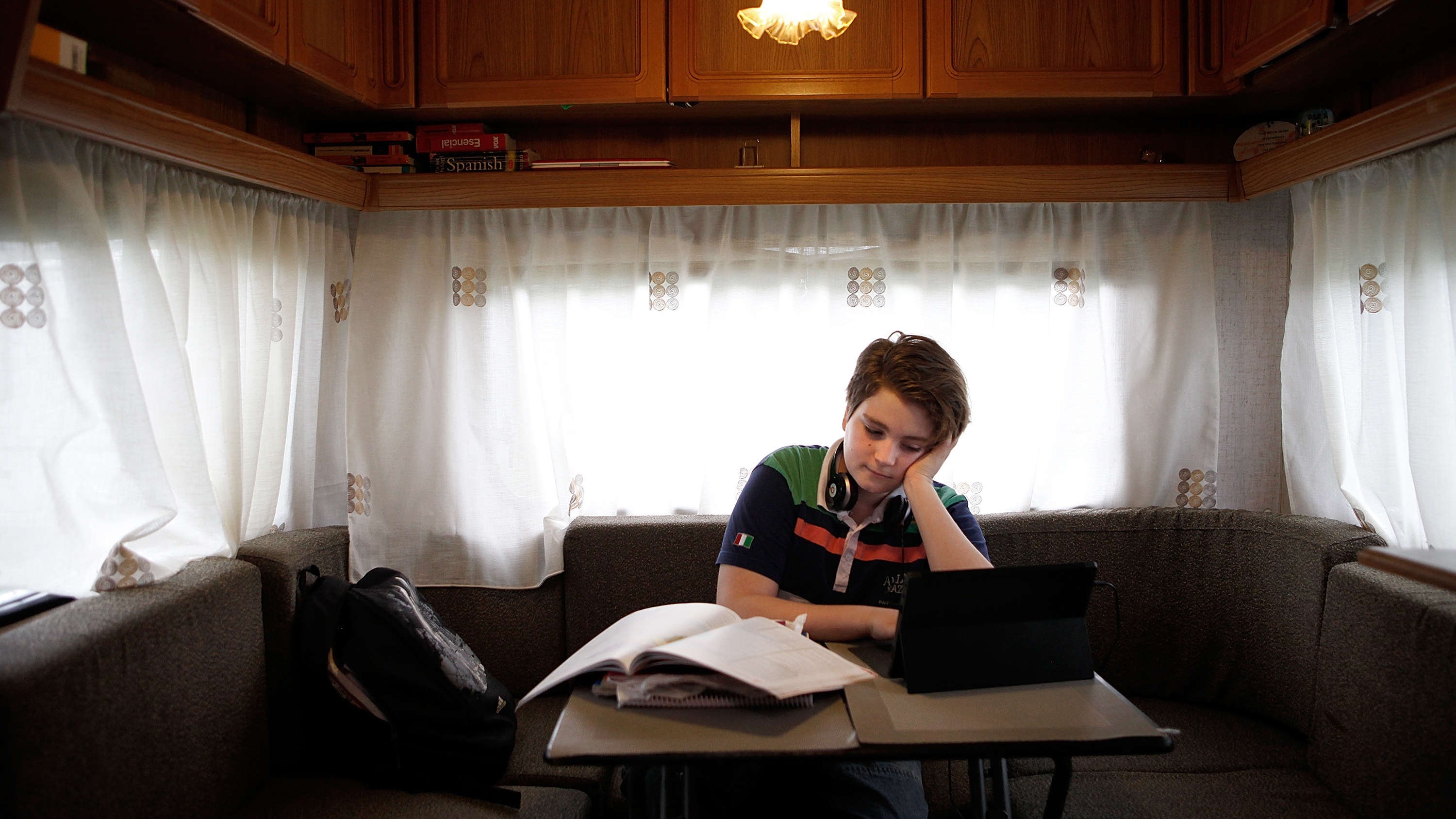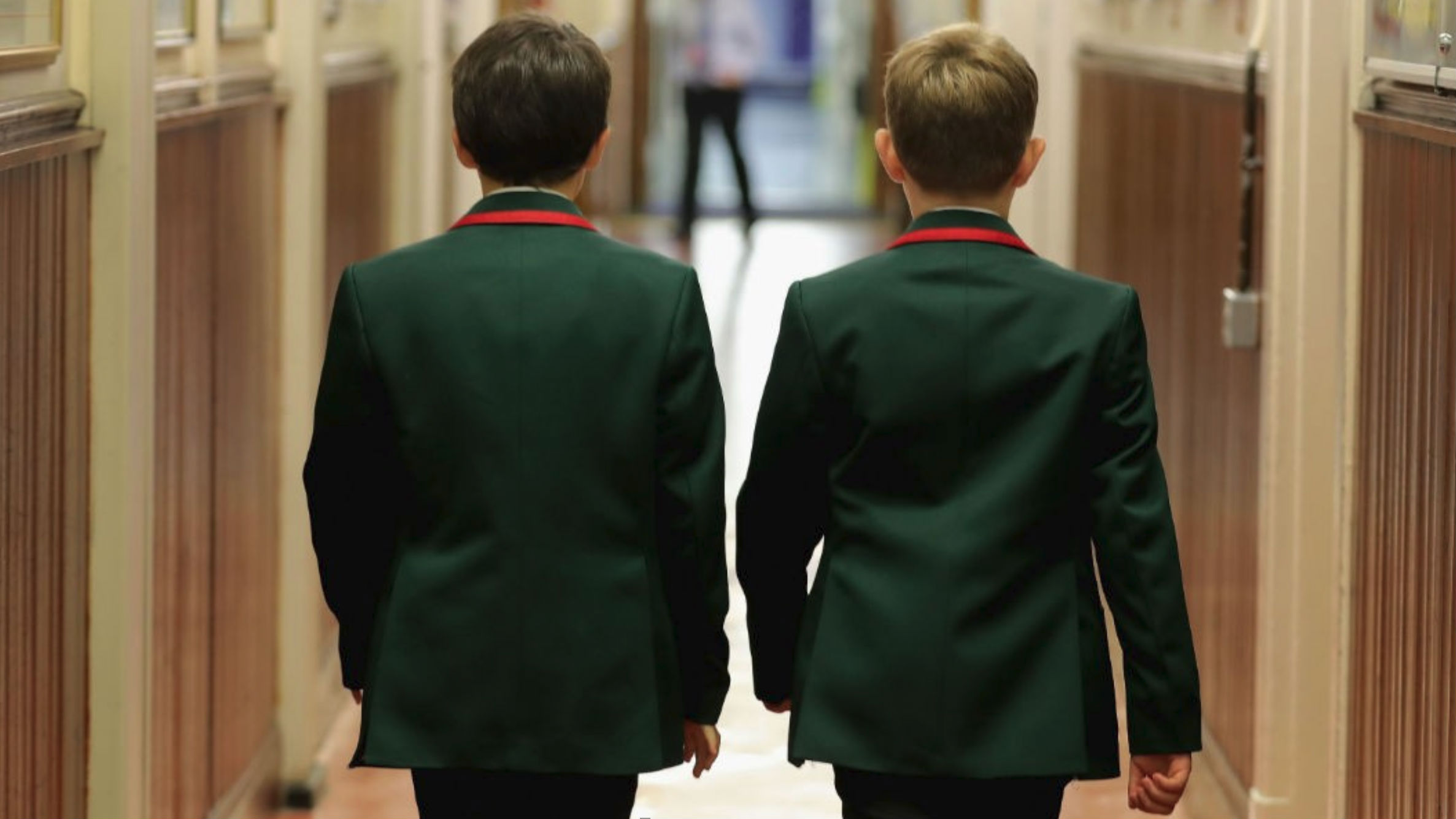The Week Unwrapped: Skin hunger, Taiwan and the University of Zoom
How long can we live without touch? Has coronavirus advanced Taiwanese independence? And will virtual education take off?

A free daily email with the biggest news stories of the day – and the best features from TheWeek.com
You are now subscribed
Your newsletter sign-up was successful
Olly Mann and The Week delve behind the headlines and debate what really matters from the past seven days.
–––––––––––––––––––––––––––––––To get six free issues of The Week magazine and a moleskine notebook visit theweek.co.uk/offer and enter promo code: pod25 –––––––––––––––––––––––––––––––
In this week’s episode, we discuss:
The Week
Escape your echo chamber. Get the facts behind the news, plus analysis from multiple perspectives.

Sign up for The Week's Free Newsletters
From our morning news briefing to a weekly Good News Newsletter, get the best of The Week delivered directly to your inbox.
From our morning news briefing to a weekly Good News Newsletter, get the best of The Week delivered directly to your inbox.
Skin hunger
Worldwide lockdowns have triggered an epidemic of “skin hunger”, or affection deprivation, with experts warning that lack of physical contact can harm both our minds and bodies. So why is touch so important to humans and could coronavirus change how we interact post-pandemic?
Taiwanese self-confidence
After Tsai Ing-wen was sworn in for a second term as president of Taiwan this week, she gave a bullish speech warning Beijing not to interfere in Taiwanese politics. China doesn’t recognise Taiwan as an independent nation, and has blocked its membership of the World Health Organization despite the coronavirus pandemic. Taiwan, one of the countries which has successfully contained the virus, now feels it has the moral authority - and confidence - to make its case.
A free daily email with the biggest news stories of the day – and the best features from TheWeek.com
Online education
Cambridge has cancelled all traditional lectures from September, replacing large-group teaching with online tuition for the whole of the next academic year. Many other universities are considering similar moves, in what may turn out to be a tipping point for higher education. Until now they have tended to be populated largely by young and comparatively affluent people, but more flexible online courses might draw from a wider pool of students.
You can subscribe to The Week Unwrapped on the Global Player, Apple podcasts, SoundCloud or wherever you get you get your podcasts.
-
 How the FCC’s ‘equal time’ rule works
How the FCC’s ‘equal time’ rule worksIn the Spotlight The law is at the heart of the Colbert-CBS conflict
-
 What is the endgame in the DHS shutdown?
What is the endgame in the DHS shutdown?Today’s Big Question Democrats want to rein in ICE’s immigration crackdown
-
 ‘Poor time management isn’t just an inconvenience’
‘Poor time management isn’t just an inconvenience’Instant Opinion Opinion, comment and editorials of the day
-
 What’s behind the surge in homeschooling?
What’s behind the surge in homeschooling?Speed Read Number of children being educated at home has risen by 27% to almost 58,000
-
 The Week Unwrapped podcast: Bio-weapons, Mongolians and bad education
The Week Unwrapped podcast: Bio-weapons, Mongolians and bad educationIn Depth Are English GCSEs too boring? Are ‘ethnic bio-weapons’ on the horizon? And is Mongolia the next global power player?
-
 The Week Unwrapped podcast: meds, bonds and the 10,000-hour rule
The Week Unwrapped podcast: meds, bonds and the 10,000-hour ruleIn Depth Are we diagnosing and treating mental illness the wrong way? And do generalists fare better in life than specialists?
-
 The Week Unwrapped podcast: Schools, sausage parties and Africa forever
The Week Unwrapped podcast: Schools, sausage parties and Africa foreverIn Depth Will new school inspections improve education? How problematic is bad language in films? And what can Toto teach us about short-termism?